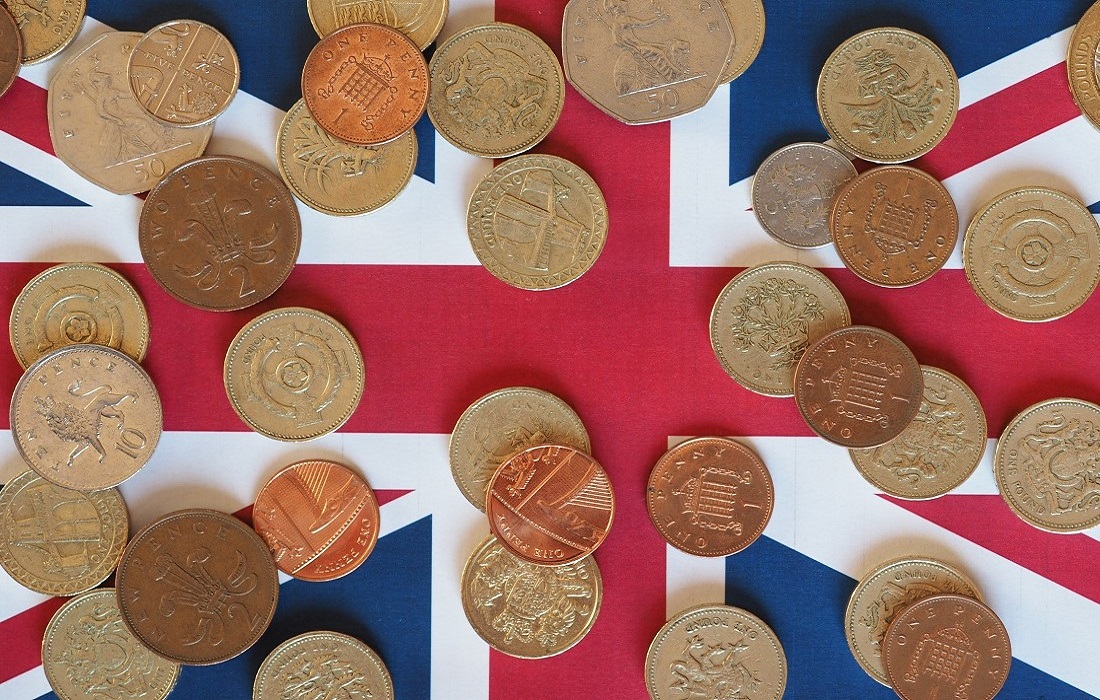The Treasury and the Bank of England have said that a state-backed digital pound will likely be launched in the 2020s in order to give the public access to money that reflects our current digital age. The central-bank digital currency (CBDC) would be designed to provide a secure, easy way to make payments.
When Will the UK Get Digital Currency?
The currency will not be built until at least 2025. Chancellor Jeremy Hunt said, “We want to investigate what is possible first, whilst always making sure we protect financial stability.”
The Treasury and the Bank of England will start formally looking into the matter with a consultation set to take place on Tuesday.
Is Central Bank Digital Currency (CBDC) the Same As Cryptocurrency?
CBDC will use technology similar to cryptocurrencies like Bitcoin, but it will be less volatile. The digital pound will be issued by the Bank of England, and will always be worth the same as its cash equivalent, according to the Treasury. This means £1 in cash will always equal 1 digital pound.
Cryptocurrencies, on the other hand, are not backed by a central bank. Their value is volatile and can rise and fall sharply. However, even the regular pound is prone to rise and fall relative to other currencies, although these fluctuations are notably less dramatic.
What Is the Digital Pound?
The digital pound is a digital currency that would replicate the role of cash but within the digital sphere. It would be state-backed and issued by the Bank of England.
Consumers would be able to access the digital pound through digital wallets, similar to how cryptocurrencies are accessed, via smartphones or smartcards. There would be rigorous standards of privacy and data protection put in place to protect consumers.
The digital pound would likely be intended more for online and in-store payments, or to transfer money easily between family and friends. There could be a cap on how much individuals and businesses can hold, at least initially.
Why Is the UK Creating Digital Money?
It can seem like a government-backed digital currency has no place in a society that is already using phones and smartwatches to make payments. However, this new currency could be a response to the growing popularity of alternative digital currencies, or to encourage innovation.
In a world where we use a digital pound, the Bank of England and the Government would not be able to access data about your transactions. Consumers could choose a provider for their digital wallets. Some providers may value privacy more, and others might pass on your data in exchange for perks or discounts. This would boost innovation and spark the creation of many new businesses.
A digital pound would allow the UK some sovereignty over its currency and could help prevent a fragmenting pound system.

Will We See Digital Dollars and Digital Euros?
Possibly! There are talks of the USA and the Eurozone creating their own digital currencies, which they hope could be an international means of exchange.
This international focus is not a big driver behind the digital pound, whose aim is more to protect the UK’s monetary sovereignty against fragmentation or weakening by Big Tech.

